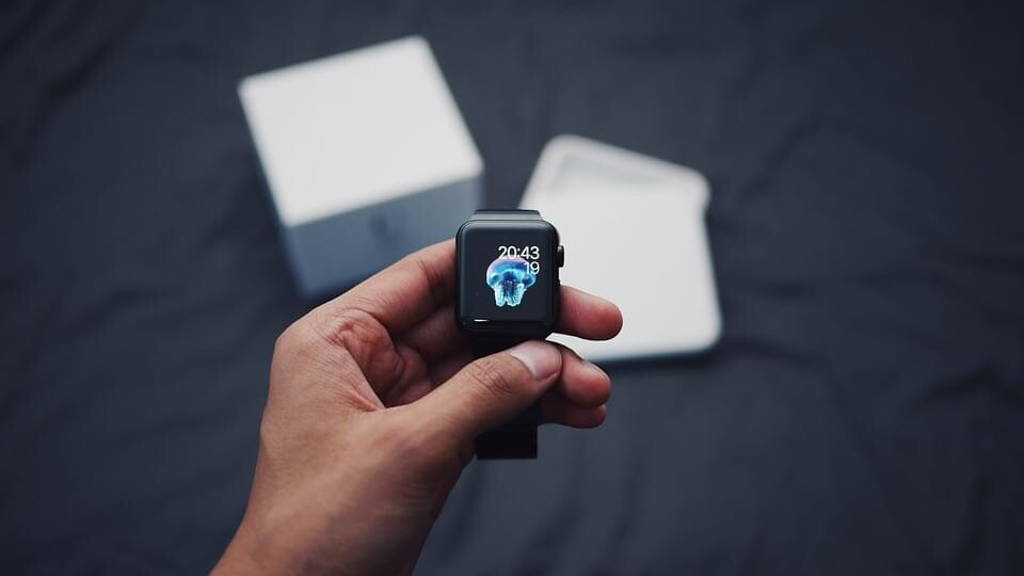Most funding dollars are being funnelled to Series A rounds, creating opportunities for companies with validated solutions. Startuphealth sees a clear pattern in the deployment of capital forming with slower periods at the beginning of the year and during the summer months, with May and September as hot months for funding.
The company earlier predicted a steady rhythm and stride moving into 2016 and as we continue past the halfway mark of the year, the rhythm continues to hold strong. More than 7,600 startups around the world are developing solutions in digital health.
2016 demonstrated the strongest first half of a year, to date, with $3.9B total invested compared to the previous record of $3.5B in the first half of 2014 (with 7 billion for the full year). In the first half of 2015 there was a decrease to 2.9 billion dollars.
Though funding looks like it took a significant dip in June of this year, this was largely due to the $500M Series A investment in Ping An Good Doctor in May. China-based insurance company spinout Ping An Good Doctor was the largest non-U.S. deal this year. It’s an atypical healthcare startup since it came out of a large, established business large. It launched a mobile health app last year to help patients to schedule healthcare appointments and interact with physicians through text messaging, images and video.
Some other notable digital health companies raising money were:
Codoon: produces fitness wearables and connected devices in the consumer wellness space. Based in Chengdou in China, the company raised $50 million in a Series C round.
eGym: Led by Philipp Roesch-Schlanderer, Munich-based eGym develops personalized workout regimens by connecting gym goers with trainers. It raised a $45 million Series C round led by HPE Growth Capital.
EarlySense: a Tel Aviv-based company that raised $25 million in a Series G round to bolster the customer base for its continuous monitoring tech to support remote patient monitoring.
Babylon: a UK-based telemedicine company that raised $25 million in a Series A round led by Investment AB Kinnevik. Its iOS and Android app allow members to connect with physicians and therapists through video consultations, photos and text messages to get answers to questions and store health information.
Blue Bee: a life science technology startup in the Netherlands, raised $11.6 million (€10 million) to address bottlenecks in DNA analysis, simplify collaboration between scientists and to facilitate global roll-out of genetic testing, according to its CEO Hans Cobben.
Some 450 companies invested in digital health in the First half of 2016, which shows that interest of investors in this sector is not waning. 21 investors made more than three deals. In full year 2015 there were 611 investors, as compared to 602 in 2014. And 506 in 2013.
The company earlier predicted a steady rhythm and stride moving into 2016 and as we continue past the halfway mark of the year, the rhythm continues to hold strong. More than 7,600 startups around the world are developing solutions in digital health.
2016 demonstrated the strongest first half of a year, to date, with $3.9B total invested compared to the previous record of $3.5B in the first half of 2014 (with 7 billion for the full year). In the first half of 2015 there was a decrease to 2.9 billion dollars.
Higher investments, less deals
In alignment with past trends, funding continues to increase as deal count decreases. The number of deals reached a peak in 2013 (624 deals), to decrease to 566 in 2014 and 498 in 2015. In the first half of 2016 the number of investment deals reached 234.Though funding looks like it took a significant dip in June of this year, this was largely due to the $500M Series A investment in Ping An Good Doctor in May. China-based insurance company spinout Ping An Good Doctor was the largest non-U.S. deal this year. It’s an atypical healthcare startup since it came out of a large, established business large. It launched a mobile health app last year to help patients to schedule healthcare appointments and interact with physicians through text messaging, images and video.
Some other notable digital health companies raising money were:
Codoon: produces fitness wearables and connected devices in the consumer wellness space. Based in Chengdou in China, the company raised $50 million in a Series C round.
eGym: Led by Philipp Roesch-Schlanderer, Munich-based eGym develops personalized workout regimens by connecting gym goers with trainers. It raised a $45 million Series C round led by HPE Growth Capital.
EarlySense: a Tel Aviv-based company that raised $25 million in a Series G round to bolster the customer base for its continuous monitoring tech to support remote patient monitoring.
Babylon: a UK-based telemedicine company that raised $25 million in a Series A round led by Investment AB Kinnevik. Its iOS and Android app allow members to connect with physicians and therapists through video consultations, photos and text messages to get answers to questions and store health information.
Blue Bee: a life science technology startup in the Netherlands, raised $11.6 million (€10 million) to address bottlenecks in DNA analysis, simplify collaboration between scientists and to facilitate global roll-out of genetic testing, according to its CEO Hans Cobben.
Rethinking health insurance
Companies rethinking the way we experience insurance are high in funding as Oscar (400 million in investments), Clover (160 million) and Bright Health (80 million) scale their solutions. In the top 10 most active markets with digital health investments we find patient/consumer experience with 958 million dollars invested and 51 deals, wellness (854 million in investments and 25 deals) and Personalized health / quantified self (524 million dollars, 19 deals).Some 450 companies invested in digital health in the First half of 2016, which shows that interest of investors in this sector is not waning. 21 investors made more than three deals. In full year 2015 there were 611 investors, as compared to 602 in 2014. And 506 in 2013.
